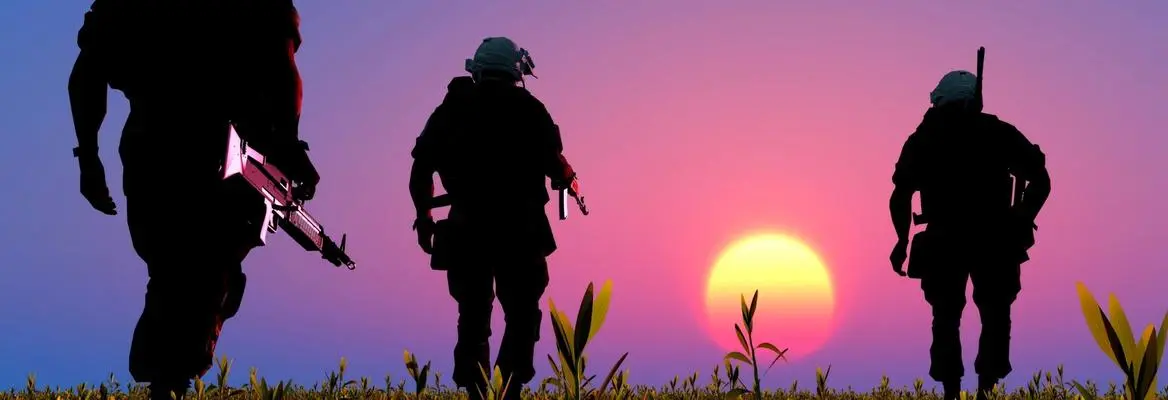As the war between Russia and Ukraine continues, our panel of IAI contributors offer their analysis of the situation. Lawrence Freedman, Hew Strachan, Domitilla Sagramoso and Joseph Nye on what to expect in the short and long run, the role of nuclear weapons, and how to make sense of Putin.
Lawrence Freedman
Emeritus Professor of War Studies at King's College London. He was a member of the Iraq Inquiry and was the official historian of the Falklands War.
For those of us who have long wondered why Putin would embark on an aggressive war, the core puzzle has been what he could hope to achieve politically. A limited campaign in Eastern Ukraine made some sense as it would carve out an area that could be sustained and defended over time. The current scale of operations makes less sense because it essentially requires regime change in Kyiv. In Iraq and Afghanistan the US and the UK learned through bitter experience how difficult this can be.
The point about wars (and I have studied many) is that they rarely go according to plan. Chance events or poorly executed operations can require sudden shifts in strategy. The unintended consequences can be as important as the intended. These are the pitfalls surrounding all wars and why they should only be embarked upon with good reason (of which the most compelling is an act of self-defence).
The decision to embark on this war rests on the shoulders of one man. As we saw last week, Putin has become obsessed with Ukraine, and prone to outrageous theories which appear as pretexts for war but which may also reflect his views. So many lives have already been lost because of the peculiar circumstances and character of this solitary individual, fearful of Covid and a Ukraine of his imagination. At times in democracies we lament the flabbiness, incoherence, short-sightedness and inertia of our decision-making, compared with autocrats who can outsmart us by thinking long-term and then taking bold steps without any need to convince a sceptical public, listen to critics, or be held back by such awkward constraints as the rule of law. Putin reminds us that that autocracy can lead to great errors, and while democracy by no means precludes us making our own mistakes, it at least allows us opportunities to move swiftly to new leaders and new policies when that happens. Would that this now happens to Russia.
This is an edited excerpt from Lawrence Freedman’s Substack, published here with the author’s permission.
Hew Strachan
Professor of International Relations at St. Andrews, and world-renowned expert on war, military strategy and the British Army.
The campaign plan which the Russians are putting into effect points to a rapid encirclement of Kyiv and the installation of a puppet Ukrainian government. A short war ending in a clear-cut victory may produce a decisive political outcome. Putin has the initiative for now, but this, like so many other wars that have promised quick results, looks destined to be long. The longer it is the less certain its possible outcomes.





















Join the conversation